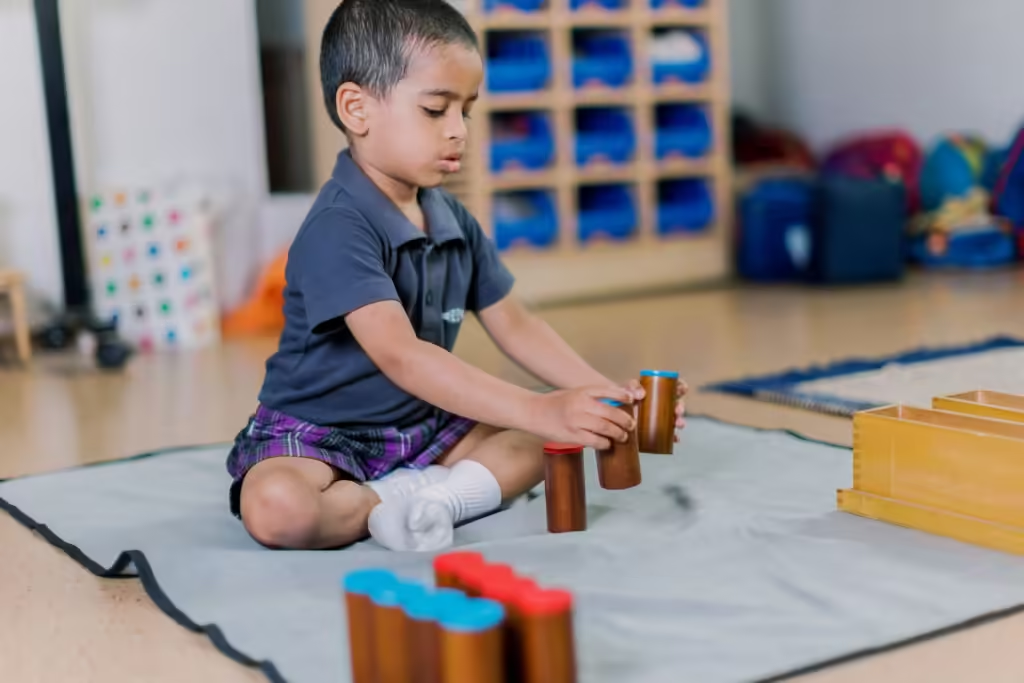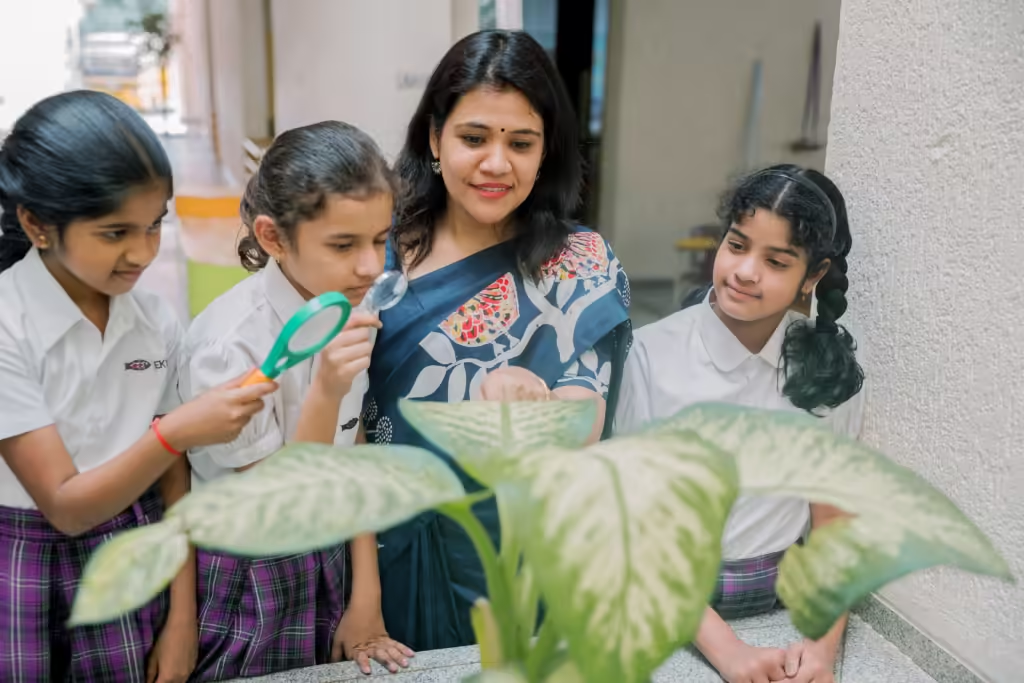The transit from contemporary learning to purpose-based learning has paved a new path of innovation and discovery for students. International schools in Bangalore like Ekya NAVA are increasingly adopting purpose-based pedagogy that focus on the comprehensive development of students. This approach not only cultivates academic excellence but also nurtures critical thinking, creativity, and a sense of responsibility among students. The newfound wave of learning has redefined the educational landscape; few of them are discussed in detail below.
The Concept of Purpose-Based Learning
Purpose-based learning is a teaching philosophy that encourages students to engage with their education in a meaningful way. Instead of merely memorising for exams, students are encouraged to understand the relevance of what they are learning and how it applies to real-world situations. This educational paradigm shift is particularly evident in international schools in Bangalore, where diverse cultural backgrounds and global perspectives enrich the learning experience.

At institutions like Ekya NAVA, purpose-based learning is seamlessly integrated into the curriculum. Students participate in project-based activities that not only cover academic content but also emphasise collaboration, problem-solving, and critical thinking. For instance, students at Ekya NAVA have unique pathways like Design, Making, Information Technology, and Society, Innovation and Entrepreneurship, and Learning Opportunity. These distinctive pathways encourage a love of learning that lasts a lifetime. It also empowers learners to provide solutions to real-life situations.
How International Schools in Bangalore Encourage Purpose-Based Learning
International schools in Bangalore adopt various strategies to implement purpose-based learning effectively. Here are some key approaches:
- Real-World Projects: Many international schools, including IGCSE schools in Bangalore, implement project-based learning where students work on real-world issues. Ekya NAVA hosts state-of-the-art Design and Maker labs that empower students to turn ideas into reality. This hands-on approach encourages them to investigate, collaborate, and apply their knowledge creatively. For example, students may design an eco-friendly product, which not only teaches them about environmental science but also fosters entrepreneurship.
- Interdisciplinary Learning: Purpose-based learning thrives in an interdisciplinary environment. International schools in Bangalore often design their curricula to connect subjects such as science, mathematics, and the arts. This approach allows students to see the interconnectedness of knowledge and its application in solving complex problems.

- Community Engagement: Many international schools in Bangalore emphasise the importance of community involvement. Students are often encouraged to participate in service-learning projects that address local issues, such as environmental sustainability or social justice. This not only enhances their learning experience but also instil a sense of responsibility and empathy.
- Personalised Learning Experiences: Understanding that each student is unique, international schools in Bangalore often provide personalised learning paths. By hosting in-house counsellors and well-being sessions, IGCSE schools in Bangalore focus on the emotional, social, emotional, and ethical development of students. By providing much-needed guidance, it ensures that their interests and passions are pursued while meeting academic standards.
The Impact of Purpose-Based Learning on Students
The shift towards purpose-based learning in international schools in Bangalore has far-reaching implications for students. Graduates from these schools are often more prepared for the challenges of higher education and the workforce. They possess essential skills such as critical thinking, collaboration, and adaptability, which are highly sought after in today’s dynamic world.

Moreover, purpose-based learning cultivates a love for learning. When students understand the relevance of their education and see the impact of their work, they are more likely to remain engaged and motivated. This intrinsic motivation can lead to lifelong learning habits that benefit students well beyond their academic years.
Conclusion
International schools in Bangalore are revolutionising education by embracing purpose-based learning, creating an environment where students thrive academically and personally. Through real-world projects, interdisciplinary learning, community engagement, and personalised experiences, these schools are equipping students with the skills they need to navigate an ever-changing world. As this trend continues, we can expect to see a new generation of learners who are not only knowledgeable but also empathetic and responsible global citizens.
Thus, the commitment of international schools in Bangalore to purpose-based learning is not just a trend; it is a profound shift that will shape the future of education for years to come.
